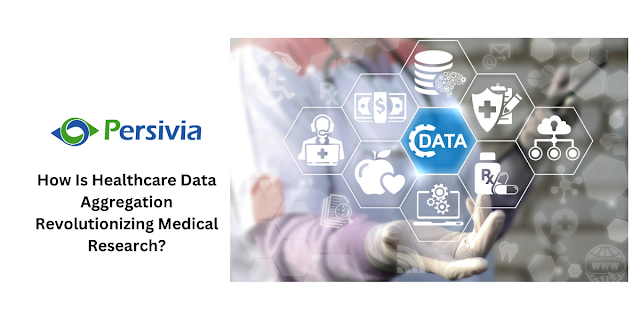Why Your System Needs A Centralized Healthcare Data Aggregation Platform?
Healthcare
organizations collect vast amounts of data daily - clinical records, billing
information, patient surveys, and operational metrics. Yet many struggle to use
this information effectively. A proper healthcare data aggregation
platform helps organizations unlock the full value of their data
assets.
Data Silos: The Silent Productivity Killer
When data remains
trapped in separate systems:
- Clinicians spend valuable time
searching multiple systems instead of focusing on patients
- Administrators make crucial decisions with
incomplete information
- Care teams miss crucial early
intervention opportunities
- Finance departments
fail to identify significant revenue leakage
These challenges
directly impact both patient outcomes and financial performance in today's
value-based care landscape.
Real Difference in Data Management
Many healthcare
organizations believe their current systems adequately handle data
aggregation in healthcare. The reality often proves otherwise.
Basic integration
connects systems but leaves data fragmented. A true healthcare data aggregation
platform creates a unified data layer accessible across the organization. They
replace limited connections with comprehensive ecosystems, transform manual
reporting into automated analytics, and incorporate both structured and
unstructured information.
Real Results from Connected Healthcare Data
A well-designed health
data aggregation solution delivers tangible benefits:
- Complete Patient Profiles:
Clinicians see full patient histories from all care settings
- Early Warning Systems:
Algorithms detect at-risk patients before conditions deteriorate
- Proactive Population Management:
Care managers identify and address gaps in care
- Streamlined Quality Reporting:
Systems automatically calculate metrics for regulatory requirements
Organizations using
comprehensive data systems typically improve care coordination metrics by
15-20% while significantly reducing administrative workload.
Building Your Data Foundation Right
Successful data
aggregation strategies require:
- Clear Data Ownership:
Defined responsibility for data quality and management
- Consistent Standards:
Normalized information across all sources
- Strong Protection: Secure systems that still
allow appropriate access
- Room to Grow: Infrastructure that
handles increasing data volumes efficiently
Most successful
organizations begin with targeted projects that show quick wins before
expanding to enterprise-wide implementation.
Human Factor in Data Success
The biggest obstacles
to effective healthcare data aggregation often stem from organizational
culture rather than technology. Success requires eliminating departmental
boundaries and viewing data as an organizational asset rather than a siloed
property.
Transform Your Data Capabilities
Persivia provides a comprehensive healthcare data platform designed specifically for healthcare organizations. Our solution integrates powerful connectivity, advanced analytics, and specialized applications that convert raw data into actionable insights. Persivia helps healthcare systems achieve rapid results while creating a foundation for long-term clinical and financial excellence.




Comments
Post a Comment